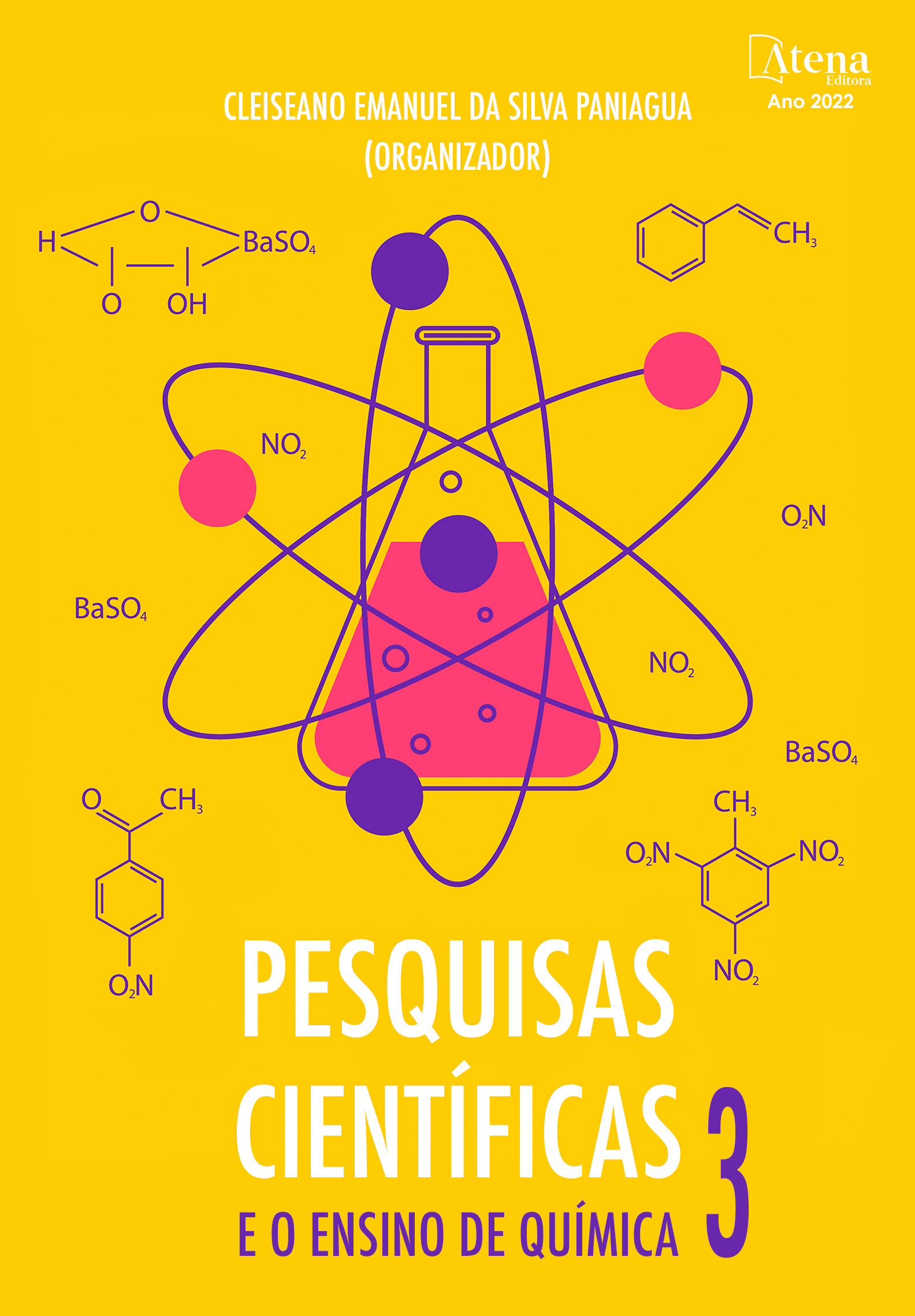
UMA PROPOSTA PARA O ENSINO DE FUNÇÕES EM UM CURSO DE QUÍMICA: UM OLHAR PARA AS FUNÇÕES EXPONENCIAIS E LOGARÍTMICAS
Este trabalho consistiu em propor e avaliar atividades diferenciadas para o ensino de funções exponenciais e logarítmicas a uma turma de Cálculo Diferencial e Integral I de um curso de Bacharelado em Química de uma universidade pública paulista. As atividades contemplaram uma sequência didática composta por atividades teóricas e computacionais, que visaram auxiliar a compreensão conceitual de tais funções, utilizando-se de problemas contextualizados tanto no cotidiano dos estudantes como no próprio curso de Química. Os princípios norteadores do trabalho foram os da Engenharia Didática (ED), sendo que as atividades foram avaliadas pelos estudantes por meio de um questionário elaborado em forma de escala de Likert. Os padrões de resposta permitiram concluir que as atividades desenvolvidas impactaram positivamente os estudantes, estimulando-os à curiosidade matemática e química.
UMA PROPOSTA PARA O ENSINO DE FUNÇÕES EM UM CURSO DE QUÍMICA: UM OLHAR PARA AS FUNÇÕES EXPONENCIAIS E LOGARÍTMICAS
-
DOI: 10.22533/at.ed.9332213062
-
Palavras-chave: Ensino de Química e de Matemática. Cálculo Diferencial e Integral. Sequência Didática. Engenharia Didática. Contextualização.
-
Keywords: Mathematics and Chemistry Teaching. Differential and Integral Calculus. Didactic Sequence. Didactic Engineering. Contextualization.
-
Abstract:
This work consisted of proposing and evaluating distinguished activities for the teaching of exponential and logarithmic functions to a group of students enrolled in Differential and Integral Calculus I of a Chemistry course from a São Paulo State public university. The activities covered a didactic sequence composed of theoretical and computational activities, which aimed to aid the conceptual comprehension of such functions by using contextualized problems both in the students’ daily routines and the Chemistry course itself. The driving principles of the present work were those of the Didactic Engineering (DE), given that the activities were evaluated by the students through a questionnaire that was prepared in the form of a Likert scale. The answering patterns allowed concluding that the developed activities impacted positively the students, motivating them towards mathematical and chemical curiosity.
-
Número de páginas: 18
- Guilherme Gonçalves Costa
- Sidineia Barrozo
- Érica Regina Filletti


